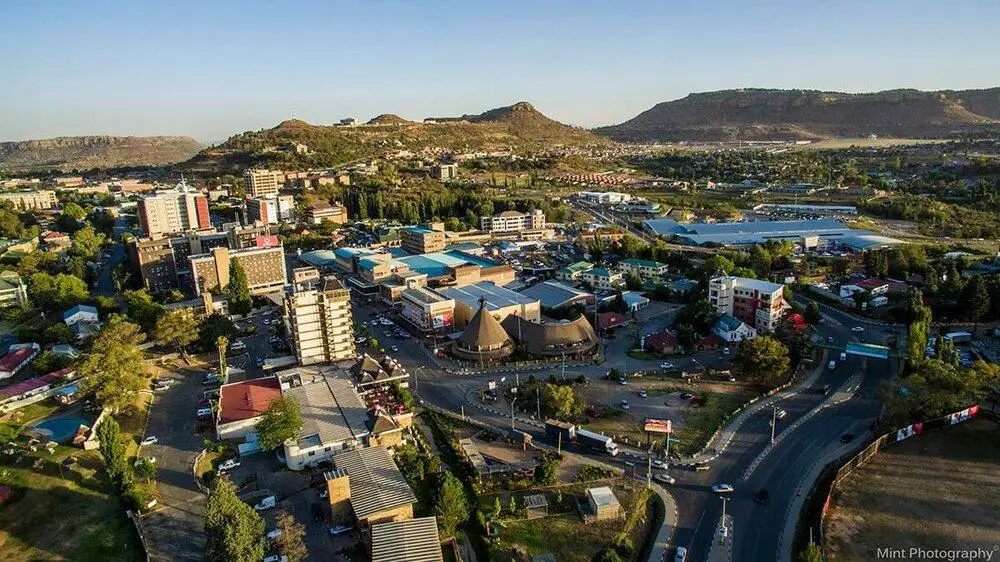The Executive Board of the International Monetary Fund (IMF) approved $49.1 million disbursements to Lesotho to help meet the urgent balance of payment needs stemming from the COVID-19 pandemic.
Under the disbursement, about $16.5 million is under the Rapid Credit Facility (RCF) while about $32.6 million from the Rapid Financing Instrument (RFI).
The Pandemic comes at a time when the economy of Lesotho was already facing challenges. For several years, Lesotho’s growth has been subdued reflecting a weak regional environment while its government finances have struggled to cope with the volatility of transfers from the Southern African Customs Union (SACU) that account for around half of total revenues.
Despite Madagascar relatively well-developed social assistance framework that partially mitigates the high levels of poverty, unemployment remains high while the population suffers from one of the highest rates of HIV infection in the world.
As a measure to cushion the impact on the most vulnerable by expanding social assistance, supporting food production and providing aid to small businesses through credit guarantees.
“The COVID-19 pandemic is having a severe social and economic impact on Lesotho. Disruptions to supply chains for major industries and a national shutdown to contain the virus have led to a sharp drop in production. (Clonazepam) The economy is being further hit by declining external demand for textiles and diamonds, shrinking remittances, and delays to major construction projects.” Said Mr. Tao Zhang, Deputy Managing Director and Acting Chair.
“The authorities have been taking strong actions to mitigate the health and socio-economic impact of the pandemic. In collaboration with development partners, they are scaling up urgent health spending, and are introducing measures to mitigate the economic impact, including by boosting social safety nets and ensuring access to credit for affected businesses.” He added
He also added that urgent balance-of-payments (BOP) financing needs have been generated by the economic shock, as well as the additional required spending.
“Once COVID-19 subsides and in the context of a likely drop in SACU revenues, there is an urgent need to strengthen economic fundamentals and ensure debt sustainability by carrying out fiscal consolidation and implementing growth-enhancing structural reforms.” He concluded











